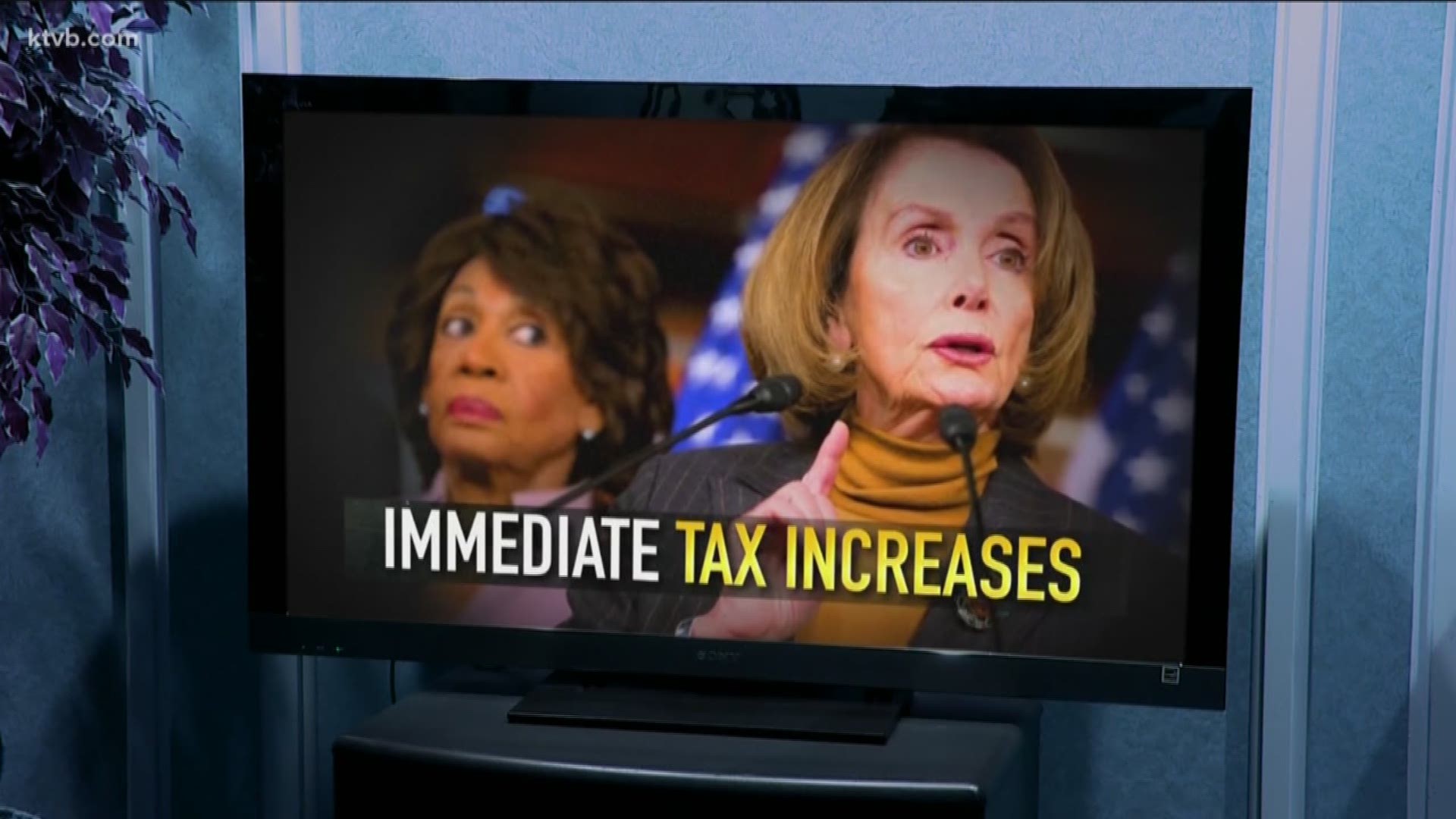BOISE — With less than two weeks until Election Day, there are a lot of political ads running on television.
A new political ad sponsored by a national super PAC running on KTVB is drawing some negative attention from viewers.
It's an attack ad on the Democratic Party that makes a lot of aggressive claims without sourcing facts.
One viewer sent an email saying in part, "I am shocked seeing the hateful political ad against the Democratic Party...I have felt Channel 7 to be moderate when it comes to politics. This ad was not in good taste."
The mentioned ad is paid for by the national super PAC Future45.
They are based out of Virginia and essentially run attack ads against big Democrat candidates across the U.S.
The ad you may have seen here on KTVB though is actually a national ad campaign that airs during NBC programs like the Today Show and NBC Nightly News.
So, KTVB has no control over it.
In reference to the ad another viewer emailed saying in part, "I know there is freedom of speech but how are they able to put paranoid statements out that are not true on your station?”
To answer that and other questions about local candidate advertising, all stations look to the FCC's political broadcast rules and U.S. legal code.
The law essentially separates political ads into two categories.
Category one includes ads from PACs, issue advertisers, and other non-candidates.
Category two simply includes legally qualified candidates.
When a legally qualified candidate puts out an ad that includes any positive appearance of the candidate by voice or likeness, that is called a "use."
Stations are not permitted to reject or censor those ads from candidates.
The only time an ad from a candidate could be denied is if it breaks federal broadcast laws, like for example if an ad contained nudity or swear words.
If a station decides they don't want to run ads for all candidates involved in a race they are welcome to do so, just as long it's not a federal race.
Under U.S, legal code, stations are protected from any liability stemming from things a qualified candidate says in an ad.
The "no censorship" law however only applies to candidate ads, and not to third-party ads by groups like political action committees.
So what if one of those ads is full of lies?
Ads from PACs and issue advertisers, like the groups here in Idaho campaigning for Prop One and Prop Two, can be denied and pulled from the air if there is an issue with it.
Stations can also ask the advertiser to make changes to their ad so it's factual.
In running those third-party ads though, stations can be held liable for things like damages, libel and slander, and FCC complaints.
Because of that, there is a rigorous review process before any of those ads air on KTVB.

